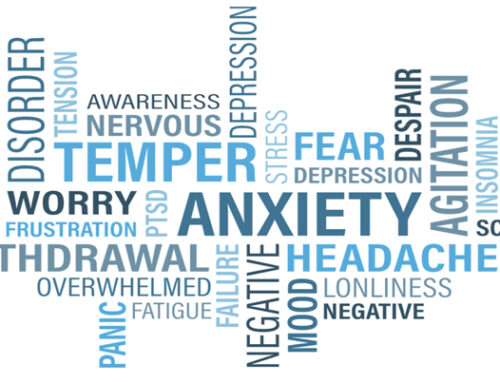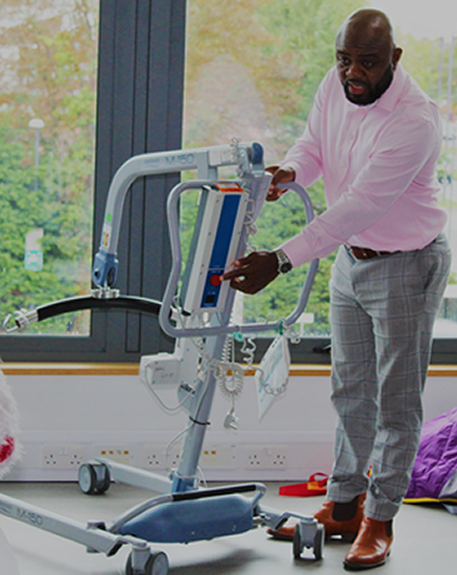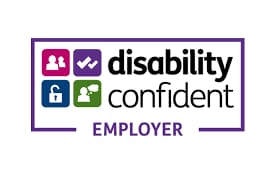PBS (Positive Behaviour Support ) Training
Challenging behavior is often an expression of distress or an attempt by a person to communicate an unmet need. Identifying unmet needs, and any other reasons for challenging behavior, in order to prevent distress should reduce the likelihood of unforeseen events.
Alongside our Subject Matter Experts, has developed the course that will help to bring an understanding of what, at times, can be a very complex subject.
Throughout the course, learners will look at many factors that can cause distress including Physical, Cognitive, Psychological, and social factors.
Training Objectives
PBS (Positive Behaviour Support ) Training
Challenging behavior is often an expression of distress or an attempt by a person to communicate an unmet need. Identifying unmet needs, and any other reasons for challenging behavior, in order to prevent distress should reduce the likelihood of unforeseen events.
Alongside our Subject Matter Experts, has developed the course that will help to bring an understanding of what, at times, can be a very complex subject.
Throughout the course, learners will look at many factors that can cause distress including Physical, Cognitive, Psychological, and social factors.
Training Objectives
Find other Training Courses to help your staff
Professionals trained to solve your needs & exceed expectations
Professionals trained to solve your business needs & exceed expectations
Complete our contact form and one of our advisers will be in touch within 24 hours.
Professionals trained to solve your business needs & exceed expectations
Professionals trained to solve your business needs & exceed expectations
Complete our contact form and one of our advisers will be in touch within 24 hours.
Leave a Comment or Review of this Course Here
What we do at iCareServicesGroup
What we do at iCareServicesGroup
iCareServicesGroup delivers quality care to our clients in their own homes with pride. Respecting the rights, wishes and needs of service users, including their communication needs.
We occupy a prominent role in consultancy services across the UK to a wide range of diverse clients. The iCareServicesGroup prides itself on an ethical approach, attention to detail and providing the clients with honest, objective and balanced opinions.
Your organisation is unique, so we offer a range of tailored Training Services to meet specific organisational goals defined by YOU. We provide training to your business, not everyones.

















